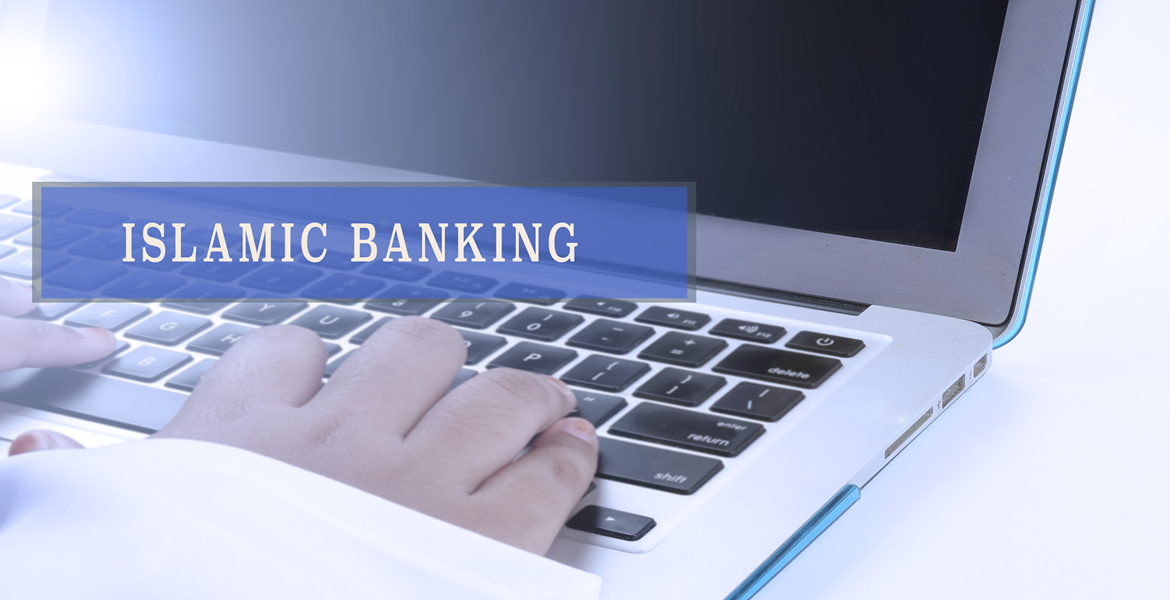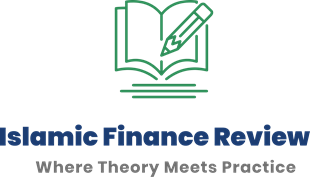
Are Islamic Bank Accounts Really Halal? What You Need to Know Before Opening One
- Post by: wp-islamicfinancereviewcouk
- May 3, 2025
- No Comment
Opening a bank account is often seen as a simple administrative task — but for Muslims seeking to align their earnings and savings with Islamic values, it’s a spiritually significant choice.
Whether you’re a student opening your first account, a young professional starting a new job, or a family managing household finances, understanding the ethical and legal dimensions of Islamic banking is essential.
🧭 1. The Core Difference: Islamic Banking Prohibits Interest (Riba)
One of the key distinctions of Islamic banking is the absolute prohibition of riba (interest) — a principle firmly rooted in the Qur’an:
“Those who consume riba will not stand [on the Day of Judgment] except as one stands who is being beaten by Satan into insanity… Allah has permitted trade and forbidden riba.”
(Surah Al-Baqarah 2:275)
In Islamic accounts:
- Savings are not rewarded with fixed interest.
- Profit is earned only through Shariah-compliant investments and risk-sharing models like Mudarabah (partnership) or Murabaha (cost-plus sale).
📌 Why it matters: Accepting interest, even passively through a bank account, contradicts a major tenet of Islamic finance and spiritual accountability.
🔍 2. “Islamic” in Name Only? Be Cautious
Just because a bank advertises an “Islamic account” doesn’t mean it fully complies with Shariah.
Ask the following:
- Does the account operate under the supervision of a qualified Shariah board?
- Are the account contracts based on real Islamic commercial principles, or are they just rebranded versions of conventional banking?
- Is there transparency in how profits are generated?
Prophet Muhammad ﷺ said:
“A time will come upon people when they will consume riba.” They said, “All of them?” He replied, “Whoever does not consume it will be affected by its dust.”
(Musnad Ahmad 10776)
📌 This hadith reminds us how pervasive riba can be, even in seemingly innocent transactions — reinforcing the need for due diligence.
💼 3. Your Money Must Serve Halal Purposes
In Islamic banking, your money should not be used to finance:
- Alcohol or gambling companies (Maisir)
- Pornography, weapons, or unethical industries
- Other interest-based financial products
Instead, Shariah-compliant banks invest in:
- Ethical businesses
- Trade and agriculture
- Halal real estate development
- Fintech and microfinance initiatives
“Help one another in righteousness and piety, but do not help one another in sin and transgression.”
(Surah Al-Ma’idah 5:2)
📌 As a depositor, you’re not just storing wealth — you’re choosing what that wealth supports.
🧾 4. Understanding Account Types
| Account Type | Description | Common Islamic Principle Used |
|---|---|---|
| Current Account | For day-to-day use, no interest or returns. | Wadiah (safekeeping) or Qard Hasan (benevolent loan) |
| Savings Account | Profit shared from halal investments. No guaranteed return. | Mudarabah (profit-sharing) |
| Term Deposit | Locked-in funds for a fixed period, sharing profits. | Mudarabah or Murabaha |
Before opening an account, ask:
- Is the profit rate fixed or variable based on investment performance?
- What are the terms for early withdrawal?
- Are there any hidden fees?
📱 5. Does It Meet Modern Banking Standards?
Islamic banks today must balance Shariah integrity with user-friendly banking. Look for:
- Regulation by the UK Financial Conduct Authority (FCA)
- FSCS protection for your deposits (up to £85,000)
- Mobile apps and online banking
- Ethical transparency policies
Some of the well-established UK Islamic banks include:
- Al Rayan Bank
- Gatehouse Bank
- QIB UK
These banks not only follow Islamic finance principles but also offer excellent customer service and digital access.
✒️ 6. Questions You Should Always Ask
Before you commit, speak with a bank advisor or explore their website for answers to:
- Who certifies the Shariah compliance of this account?
- How are profits generated and shared?
- Is the contract structured under Mudarabah, Murabaha, or another principle?
- What risks are involved, and how are they disclosed?
📌 Transparency is a core value in Islamic finance — both in spirit and in practice.
🌍 Building a Just and Ethical Financial Future
Islamic banking is more than an alternative — it’s a value-driven model that puts people, fairness, and faith at the centre of financial activity.
The Prophet ﷺ said:
“Leave that which makes you doubt for that which does not make you doubt.”
(Tirmidhi 2518)
Choosing an Islamic bank account is not just about avoiding interest — it’s about engaging with your finances consciously, and in line with your faith.
📢 Coming Up Next:
“The Truth About Halal Investing — Principles, Risks, and Real Returns”
Stay with us in the Faith & Finance series as we demystify halal stocks, mutual funds, and the growing world of Shariah-compliant investing.
👣 Follow us on LinkedIn, Instagram, and Facebook
🔖 Use #FaithAndFinance to join the conversation or share your story.
📝 Want to write for us or submit your research to JIBEP? Click here

